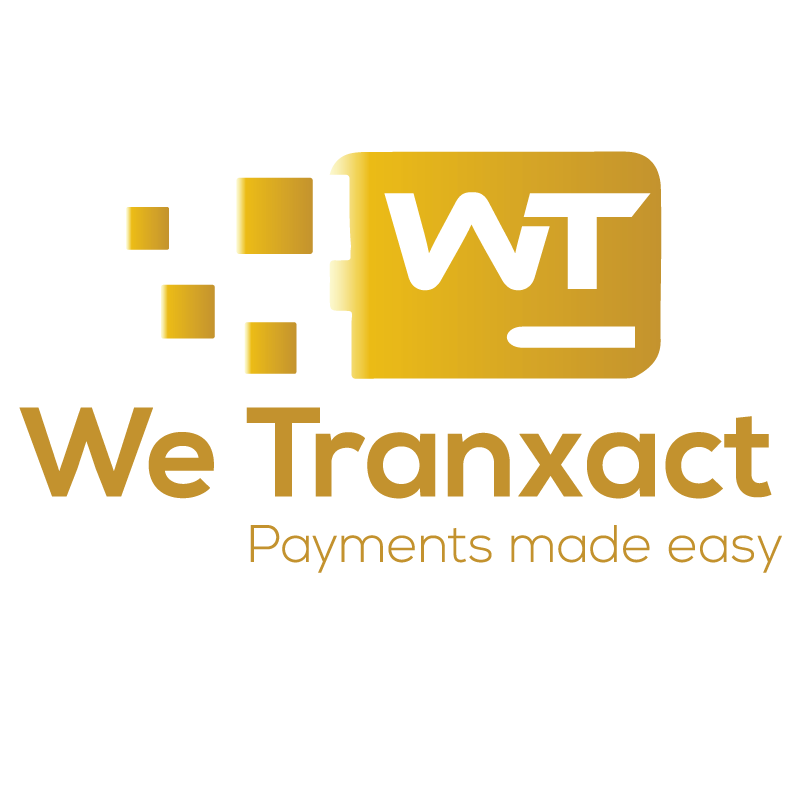Which is the best and cheapest way to buy merchant services?
Card Processing/Merchant services are an essential purchase for near enough all businesses and business owners will typically turn to their own bank for these services. Unfortunately for business owners, this is not usually the cheapest way to source payment processing.
At first, the difference between deals might seem negligible with just one or two percent in difference but those small differences will quickly add up as your business grows. Getting a bad deal on your payment processing can cost you tens of thousands of pounds every year.
In this article, I’m going to look at the most popular merchant service sales channels and touch on how competitive the pricing is.
Banks
Near enough all banks will sell merchant services to its business customers. If you have a business bank account then most certainly you would have been asked the question about card acceptance by a banking manger or representative.
The fact is that most banks don’t actually own their own merchant service products. Instead, they partner with a card processor and resell their service. RBS and Natwest is a sales agent for Worldpay, HSBC resells Global Payments, Santander uses Elavon and Lloyds and Halifax use First Data.
So why do business owners trust banks to provide a third-party service? Perception!
People see banks as reliable and they assume that their staff have extensive product expertise.
Sadly and surprisingly, that’s not the case.
There’s one main reason why I would strongly recommend you avoid buying merchant services through a bank: Price.
Card processors love selling through a bank because it’s an easy win as leads are handed on a plate. You see, most businesses will turn to their bank for merchant services and tend to accept their pricing without question, simply because the business owner may be new to the whole process and doesn’t know any better and they assume by going direct to the bank will get them a better deal as it removes any middlemen.
This allows the banks to rack up their fees and make a small fortune off their business customers. Worse still, the banks are given very little wiggle room by the card processors so can’t reduce their fees even if you push them on pricing. This may seem surprising but its very true.
Merchant bank/Card Processor
The worldwide web has made it simpler for consumers to buy directly from manufacturers or suppliers and cut out the expensive middlemen.
Merchant services is, in theory, the perfect example. Instead of going to your bank and buying a product at and inflated rate, the other option to you is to go straight to the card processor/merchant bank direct and buy from them. That’s one less step in the buying process so it must save you money, right?
Unfortunately not. While cutting out the middlemen should mean a better deal for customers, it’s not always the case.
Card processors are well aware that any business owner who calls them has pretty much decided that they want to use their product. That means they can bump up the price without losing too much business. The price you get direct from a card processor isn’t quite as high as the bank rates but it’s certainly not competitive, especially as a new business owner, as the merchant banks take advantage of this fact.
Now, unlike the bank salespeople, sales staff at card processors do have leeway to negotiate on price. So, if you decide to buy directly through a card processor, negotiate as hard as you can to secure the very best deal possible.
Online Comparison/Referral sites
Online comparison or referral sites are becoming ever so popular, which allow users to compare services and select the option that’s best for them. Some smaller referral sites have recently started offering merchant services with Companeo, Approved Index and Expert Market amongst the leaders.
Most of these sites work in pretty much the same way. You fill out a form, they call you back to confirm your details, they distribute (sold) that information to their partners (typically 4-5 card processors or ISO’s (covered next) and then you get bombarded by sales calls for the next few weeks.
It’s a really intrusive sales process and you don’t necessarily end up getting the best deal.
Firstly, you’re lead into thinking that you will get an immediate online quote, similar to sites like Confused.com, Gocompare, and Money Supermaket. You have no idea of who your data is passed to, you have no say over how many suppliers call you and you don’t know how many partners the referral site has. Sometimes your data is passed to one supplier and other times it’s passed to ten.
Second, the service from suppliers is also pretty patchy. You might receive a callback from all suppliers for one quote and none for another. Whether you receive a quote is entirely at the whim of their sales department.
Third, referral/comparison sites aren’t really built for comparison. If you receive one hundred quotes for a service, you have to pick through them individually and manually compare the rates. That’s awful!
Finally, referral sites are not product experts. They will sell you a payment processing bundle without any real knowledge of the products, which can result in you receiving a package that doesn’t actually work for your business.
As you may have guessed, I wouldn’t recommend buying through a referral site, either. Well, unless you want to deal with dozens of pushy phone calls every day!
Independent Sales Organisation (ISO)
As the name reads ‘sales organisation’. ISO’s are sales organisations and are also becoming very popular as they discover that the card processing/merchant services industry is highly lucrative, especially when selling chip and pin card terminals.
So, why should you buy through an ISO when you could go directly to the card processor itself?
The headline reason is that ISOs are typically 40 percent cheaper than other channels and sell the exact same service. And I don’t mean a comparable service or a like-for-like service, I mean the exact same service with the exact same technology.
But how can ISOs be so much cheaper if they’re selling the same product?
Well, when a single business owner goes to a card processor/merchant bank, they’re negotiating with their card turnover. An extra £50,000 passing through the card processor is nice but it isn’t going to pay their Christmas bonuses.
ISOs, on the other hand, negotiate collectively on behalf of all their members. If you buy services through an ISO, you tap into their buying power, which is hundreds of times larger than yours.
ISO’s are typically tied into at least one or two merchant banks/card processors. They will have a buy/wholesale rate given to them by the card processor and then the ISO adds on their margins
ISO’s can be very pushy to win your business as most of their sales force are self employed and they’re on the roads going from one business to the other all day nearly 5-6 days per week and they’re rewarded very handsomely for sales they bring in. These self employed sales people are given targets and are under immense pressure to reach their given targets and unfortunately the rewards + the added pressure = mis selling, which is becoming a massive problem within the industry with business owners reporting that they’ve misled on contract lengths, misled on rates and not being fully transparent on rates and hidden charges. Many ISO businesses still rely on paper applications and i think this is a big problem as it opens up to manipulation and this typically happens once the sales agent leaves the business premises and will, unfortunately, tamper with the rates and charges, simply to increase commission levels.
The sales staff turnover is generally very high as sales agents cannot cope with the high pressure and typically these agents are not very well educated about the whole card processing industry and they just know enough to win a sale.
You will only realise that the rates and charges are not as what was agreed when receive the paperwork from their head office many days later and then when you phone to question, or cancel then you’re left with an early cancellation notice, which could be in £100’s. The industry really could do with a cooling off period to prevent these issues.
Don’t get me wrong, ISO’s are still very much better than going to a bank or card processor direct as you’re going to get much better rates, no question but please, when entering into contracts, read the small print as there can be hidden charges in there.
Card Payments Broker
Last but not least, similar to an ISO, in a way that they can make substantial savings, is a card payments broker. A card payments broker will be very knowledgeable and an expert about the industry and tied into many merchant banks/card processors, unlike ISO’s, who are linked into one or two. They are no way as pushy to win your sale but focus more on educating a business, like we do at We Tranxact Ltd
We Tranxact Ltd have many years experience working with businesses of all sizes, ranging from a small corner shop, call centres and corporate ecommerce business that turnover in excess of $400 million per annum.
We offer a whole of market solution to business owners with access to the card processors very best rates. Unlike other’s mentioned above, a broker is typically specialised with working with low and high risk businesses.
We Tranxact Ltd have access to every merchant bank in the UK and its our duty to offer the best card processing solution to match their customers needs as we do all the dirty work for you by taking away the hassle of shopping around from one provider to the other and filling in countless application forms.
check us out We Tranxact Ltd






